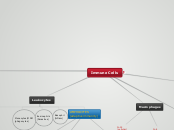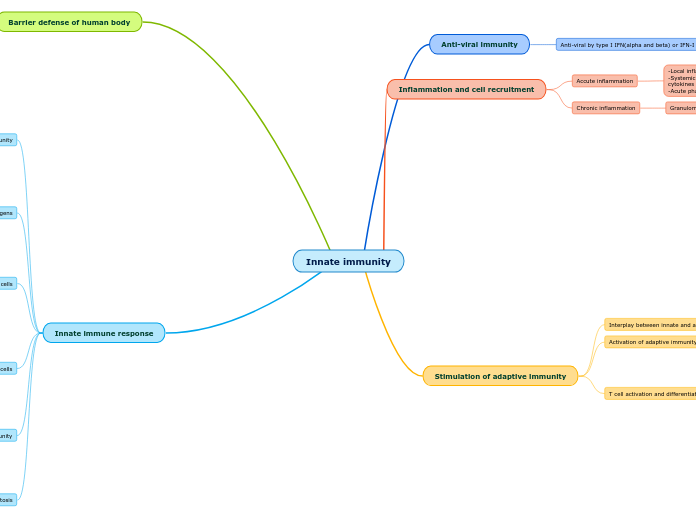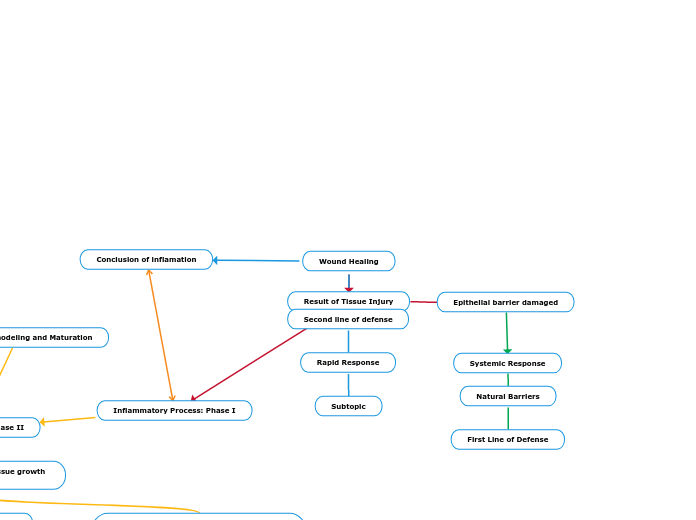Aff Mat
After a B cell with antigen is initially activated by at Th cell
Affinity Maturation happens in germinal center - B cell is activated by Th2, starts rapidly reproducing and mutating (regulated by Th2). The one with the highest affinity reproduces - some become plasma.
1) IgM released by B cells to make immune complexes
2) Dentric cells pick up complexes and bring to follicle to allow affinity maturation of B cells
3) If B cell has high affinity to an antigen and gets costimulation by Th2 then it starts to proliferate
HUMORAL
Parasite
Allergy
Subtopic
RhIgG = Hemolytic Anemia
AB
CELLULAR IMMUNITY
Integrin
ICAM/VCAM (endothelium)
Allergy (type 4 DTH)
Poison Ivy
Immune Cells
Main topic
=
Macrophages
IL-4
(humoral)
IL-12
(cellular)
Leukocytes
LYMPHOCYTES
(adaptive immunity)
NK Cells
B Cell
Immunoglobulin
A: Mucosal immunity (passive)
E: Mast Degranulation - hypersensitivity
G: Opsinization, complement, passive immunity
M: Complement activation
VDJ recomb
AID1
Rag
Basophil
(Inflam)
Eosinophils
(Parasites)
Monocytes/MDM
(phagocytes)
Neutrophils
makes compliment
(as does liver)
Inflammation
Phagocyte
Mast Cells
target of corticosteroids
Inflammatory









